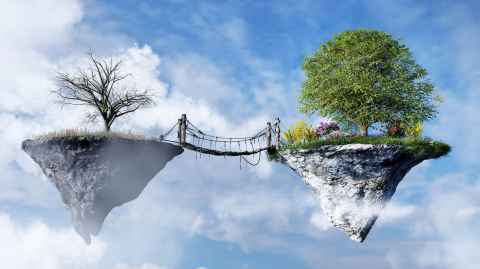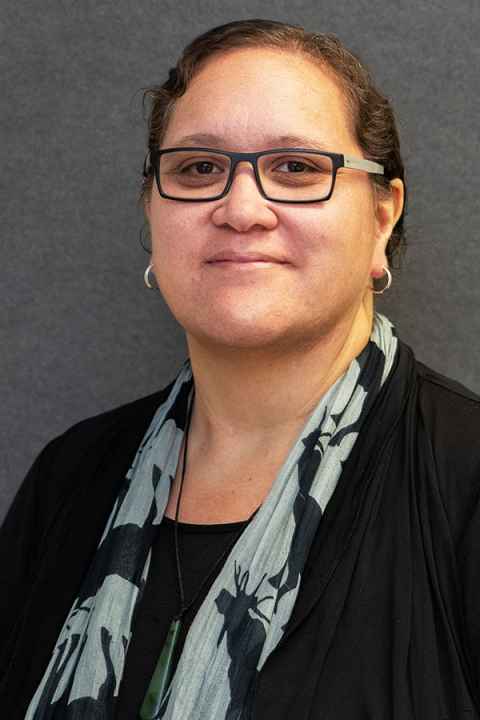Hopeful new way to measure human progress
26 June 2025
In response to the climate crisis, a new way to measure how well people and nature are living together has been announced in Nature.

A hopeful new way to think about human progress has been announced in the world's leading scientific journal Nature.
Rather than focusing on what we’re doing wrong, the new global framework offers a way to measure how well people and nature are thriving together.
Led by the United Nations Development Programme (UNDP) and created by a group of international experts in various disciplines, the Nature Relationship Index (NRI) will track countries’ progress in three key areas: a thriving and accessible natural world, responsible and respectful use of nature, and protection from pollution and harm.
It builds on the success of the Human Development Index (HDI), which measures average achievements in a country in three broad categories: a long and healthy life, access to knowledge, and a decent standard of living.
Krushil Watene (Te Hikutu, Ngāti Manu, Ngāti Whātua o Ōrākei, Tonga), who is the University of Auckland’s Peter Kraus Professor of Philosophy, is one of the researchers who contributed to the novel framework, bringing both a philosophical and Indigenous perspective.
“The NRI takes our relationships with nature as foundational to the way we should think about well-being, development, and justice,” she says.
“Such a philosophical shift requires our commitment to the realisation of social and environmental justice, and to fostering new concepts, practices, and institutions – both locally and globally.”

Just as the HDI transformed global development thinking, Watene says researchers hope the NRI will redefine progress to include healthy human-nature relationships, not just economic growth.
The Nature Relationship Index is planned to be prominently featured in the 2026 Human Development Report, with annual updates for all countries thereafter.
Its authors, who include leading marine ecologists, psychologists, economists, environmental scientists and policy specialists, believe it represents a hopeful and inclusive approach to environmental stewardship, rooted in the belief that when people work together, humanity and nature can thrive.
“Ultimately,” says Watene, “the NRI values and relies on the diversity in our knowledges and knowledge-making, pluralism in our diverse and distributed social practices, and solidarity, grounded in the rich and interdependent networks of stewardship that exist – and that could yet emerge – across all corners of the globe.”
An aspirational approach to planetary futures by Erle C. Ellis, Yadvinder Malhi, Hannah Ritchie, Jasper Montana, Sandra Diaz, David Obura, Susan Clayton, Melissa Leach, Laura Pereira, Emma Marris, Michael Muthukrishna, Bojie Fu, Peter Frankopan, Molly K. Grace, Krushil Watene, Nicholas Depsky, Josefin Pasanen and Pedro Conceição is published in Nature (June 2025).
Media contact
Julianne Evans | Media adviser
Faculty of Arts and Education
M: 027 562 5868
E: julianne.evans@auckland.ac.nz